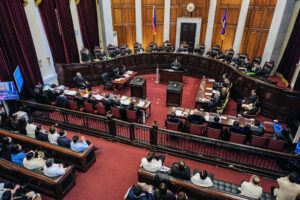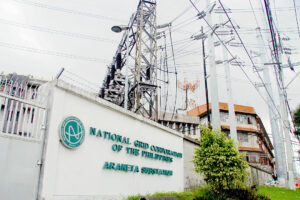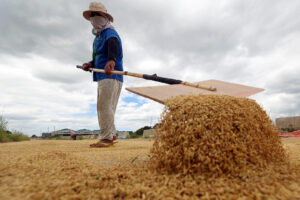Time’s up! Supreme Court clarifies time limit for prosecuting crimes governed by summary procedure

An accused can no longer be convicted of a crime, even if found guilty thereof, if the crime has already prescribed. The prescription of the crime totally extinguishes the liability of the accused. Hence, it is important to know when the prescriptive period shall commence to run and when it shall be interrupted.
In the recent case of People v. Consebido (G.R. No. 258563, April 2), the Supreme Court clarified the rule on the interruption of the prescriptive period for offenses falling within the scope of the 1991 Revised Rules on Summary Procedure, which are now governed by the 2022 Rules on Expedited Procedures in the First Level Courts.
The criminal cases governed by the Rules on Summary Procedure, as stated in the Rules on Expedited Procedures, are: 1.) violations of traffic laws, rules, and regulations; 2.) violations of the rental law; 3.) violations of municipal or city ordinances; 4.) violation of Batas Pambansa Blg. 22 or the Bouncing Checks Law; and, 5.) all other criminal cases where the penalty prescribed by law for the offense charged is imprisonment not exceeding one year, or a fine not exceeding P50,000, or both, provided that in offenses involving damage to property through criminal negligence, the Rules govern where the imposable fine does not exceed P150,000.
Under the Revised Penal Code, the prescriptive period of a crime shall be interrupted by the filing of the complaint or information. The prevailing rule is that prescription is interrupted when the preliminary investigation against the accused is commenced, such as when a complaint is filed with the prosecutor’s office.
The rationale for this rule is that aggrieved parties should not be allowed to suffer unnecessarily simply because of circumstances beyond their control, like the accused’s delaying tactics or the delay and inefficiency of the investigating agencies.
However, in the 2023 cases of Republic v. Desierto (G.R. No. 136506, Jan. 16, 2023) and Corpus, Jr. v. People (G.R. No. 255740, Aug. 16, 2023), it was held that for offenses governed by the Rules on Summary Procedure, the running of the prescriptive period shall be interrupted only upon the institution of judicial proceedings, and not the commencement of the preliminary investigation by the investigating agencies.
This ruling is anchored in Section 11 of the Rules on Summary Procedure, which provides that criminal cases falling within its scope are commenced either by complaint or information filed in court.
The Supreme Court acknowledged that, under this interpretation, a crime may prescribe even if the complaint is filed seasonably with the prosecutor’s office if, intentionally or not, the prosecutor’s office delays the institution of the necessary judicial proceedings until it is too late. However, according to the Court, this possibility should not justify a misreading of the applicable rules beyond their obvious intent as reasonably deduced from their plain language.
Thus, in Corpus, Jr. v. People, the criminal case was dismissed on the ground of prescription of the offense even if it was not due to the failure of the complainant, but that of the prosecutor’s office, to timely file the information in court.
However, in People v. Consebido, the Supreme Court En Banc abandoned its rulings in Republic v. Desierto and Corpus, Jr. v. People and clarified that the time limit or prescriptive period for prosecuting crimes, including those under the Rules on Expedited Procedures, stops running once a complaint is filed with the prosecutor’s office, and not when the case reaches the court.
It recognized that, while criminal cases should ideally be resolved promptly, delays are sometimes unavoidable. Therefore, the State, as the offended party, should not be disadvantaged by delays in the preliminary investigations, even in criminal cases under summary procedure.
The Supreme Court further clarified that the ruling in People v. Consebido on the interruption of the prescriptive period for prosecuting crimes will apply prospectively. n
The views and opinions expressed in this article are those of the author. This article is for general informational and educational purposes only and not offered as and does not constitute legal advice or legal opinion.
April Jane S. Sillada is an associate of the Litigation and Dispute Resolution department of the Angara Abello Concepcion Regala & Cruz Law Offices (ACCRALAW).
(632) 8830-8000




